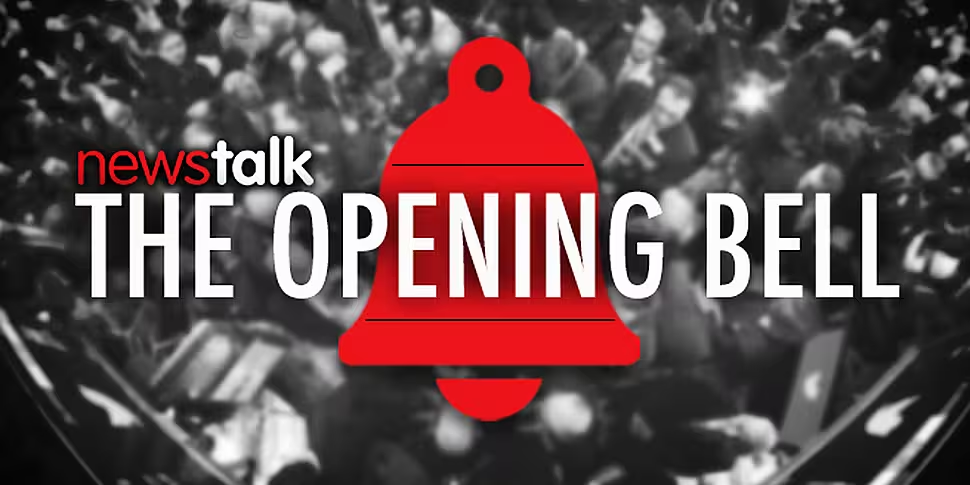The UK's chancellor for the exchequer, George Osborne has begun the country's biggest ever privatisation process, selling £2bn of shares in Royal Bank of Scotland at a loss to taxpayers who paid for the bank's £46bn state bailout.
The UK government which acquired a near 80 percent stake in RBS following the bank’s bailout, has confirmed it sold 5.4 percent of the bank’s shareholding to various institutional investors overnight.
The British taxpayer paid about £46bn for its stake in RBS in 2008, or about 500p per share. The shares were sold overnight for 330p, involving a loss of more than £750m on the 5.2 percent stake.
At one point RBS was the world's biggest bank by assets - this is an initial move in the government's process of exiting from its £32bn shareholding in the bank.
Sir Philip Hampton who became RBS chairman in 2009 will leave the bank during this month - speaking to the Financial Times he said, "I think it is the right step as the government is a reluctant shareholder. The process of normalisation has been a long time coming."
______________________________________________________________
The trader who rigged the Libor inter-bank lending rate have been given a 14 year jail sentence.
Tom Hayes, 35 year old former-trader who was based in Tokyo and worked with UBS and Citigroup became the first person to be convicted for this offence.
A number of leading financial institutions have been involved in the Libor fixing controversy.
At the height of the fraud Mr Hayes has gaining bonuses of £3m - when issuing the sentence the judge said that this is a warning to other traders who may be tempted to manipulate markets for personal gain.
Six other bankers who are accused of conspiring with Mr Hayes to fix the Libor rate will go on trial next month.
______________________________________________________________
The Government has warned that state-owned train operator, Iarnród Éireann could face bankruptcy if changes proposed by the European Commission are introduced.
The rail company's contract for operating Irish train services is due to expire in 2019, and the EU wants the sector to be opened to tenders from competitors.
Irish Times reports that Government officials and representatives of Iarnród Éireann have met with European officials, and that the State has warned that the company could face bankruptcy.
This would mean that the government would have to repay some €150m in debts owed by the service provider.
______________________________________________________________
Digicel, the mobile and communications group which is majority owned by Denis O’ Brien (who is also the majority shareholder in this station), generated operating profits of $708m in the year to March, on revenues of $2.8bn, according to an updated filing to the US Securities Exchange Commission.
The filing comes prior to Digicel’s planned listing on the New York Stock Exchange in the autumn with a value of perhaps up to $13bn.
Net losses for the year to March amounted to $158m after interest costs on the group’s €6.5bn in debts, principally in the form of bonds.
Digicel provides mobile communications services to more than 13m in 31 countries in the Caribbean and South Pacific regions.
______________________________________________________________
The Greek stock market opened for the first time in 5 weeks yesterday and ended down 16.23 percent - its worst one-day performance since modern records began in 1985.
Greek banks were the biggest losers - new PMI figures also showed a worrying decline in the country's manufacturing industry which makes up 10 percent of the economy.
The Markit PMI index fell to 30.2 points - any figure below 50 signals contraction. This is also the country's worst performance since the company began recording this data in 1999.









